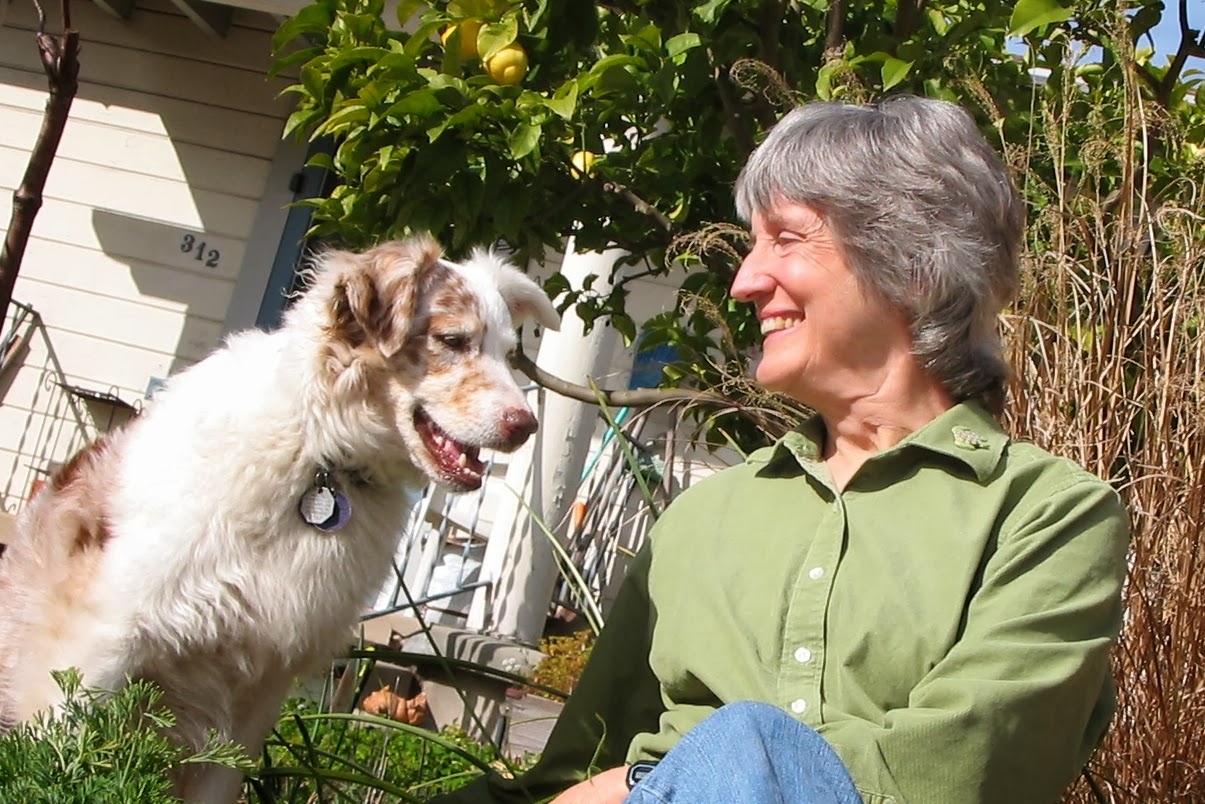I think my generation has finally adjusted to the fact that we live in the future. The kind of world that previous generations could imagine at best as the product of a categorical shift in technology and society has already come to pass. We live in the world that, only a few decades ago, most people thought would be pure science-fiction: a world like Star Trek, Johnny Quest, Doctor Who, or The Jetsons. Of course, because this is real life, our problems in this new world are just as intractable as many of the old problems were.
This is one of the many messages in Donna Haraway’s Cyborg Manifesto, a text I’ve come to far too late in my life and career. Even so, I don’t know that I’d react to it as I have if I had not already spent years exploring and applying the concepts of Gilles Deleuze’s philosophy. I have no idea how much actual cross-pollination of ideas occurred between these writers. Indeed, the one encounter Deleuze and Félix Guattari had with the feminist theory scene in the United States went disastrously: biographer François Dosse describes Guattari being booed and insulted by an audience of feminist activists during his presentation.
 |
| Donna Haraway, and one friend she can rely on in a fluctuating world. |
Nonetheless, Haraway and Deleuze essentially describe the world operating according to the same principles: flows of capital, material goods, raw manufacturing materials, garbage, and information constitutes fields of affectivity that unite all of us on Earth. National boundaries matter less in terms of delineating the borders of a specific people or culture, and more insofar as they can manage these fields as their fluctuations create variations of intensity that can shock people, communities, and collections of all sizes. Our world is the continual product of dynamic fields interacting to constitute intensive differences. Haraway concentrates on the political context this conception of reality permits, while Deleuze is usually content to rest in ontological terms.
This vision of the world feels, intuitively, as if it were the expression of a radical transformation of the way the world has been. Haraway refers to the myths we used to be able to believe in. One of these was an agent of oppression: the notion that a state government had the right to control its citizens down even to the biological and cellular levels.* More profoundly, these are the myths in an authority that could supply a foundation for an absolute moral principle, an indisputable claim that one could go no further.
* We still face agents who would control these aspects of our existence. But instead of a monopolistic state mobilizing us for an ideological purpose, there are a series of actors in private industry developing nano/bio/cyborg technology for a variety of ends. Having researched European and American bioengineering projects of the early 20th century as our politics developed from the colonial to the totalitarian model, I think I prefer our current setup.
I call them myths because there hasn’t really been a categorical shift of the kind that is often written about in several popular contexts in political philosophy. Postmodernist thinking refers to this as the end of certainty. Following Nietzsche, this would be the death of God. In environmental philosophy and some pivotal versions of ecofeminism, this is the loss of access to the purity of our natural existence. Where once we had access to truth and its certainty, now we live in a contingent world where everything is in flux. As Haraway writes, “It’s not just that ‘god’ is dead; so is the ‘goddess.’”
But Haraway’s approach shows that such a world was always mythical. The reason we could so widely believe in it was because the world we lived in was stable enough that cultural, economic, and political habits of a community could remain productive across enough generations that our world felt permanent. It only takes a few generations for a state of affairs to feel like it’s been there forever; all you need to achieve this feeling in a community is marginalize everyone who remembers when things were different or wait until they die. The world has always been constituted from global flows of material, capital, and information.
But those flows moved, for a long time, at a low enough intensity that presumptions about how to live could remain stable across generations. Now, so much moves so fast that we must adapt our ways of life to new global circumstances from decade to decade. Just as we figure out one paradigm of life, the roiling dynamics of our world cause another categorical transition, and our old thoughts are inadequate.
This notion is at the heart of my Ecophilosophy manuscript. It's one more contribution to the planet-wide discussion of how we can adapt ourselves to a world that is constantly destabilizing itself, where we can't necessarily rest on the wisdom of our elders and must always keep our eyes on the shifts around us, trying to work out which of the many increasingly terse dynamic tensions in our world will explode to create yet another new context of life.
No comments:
Post a Comment